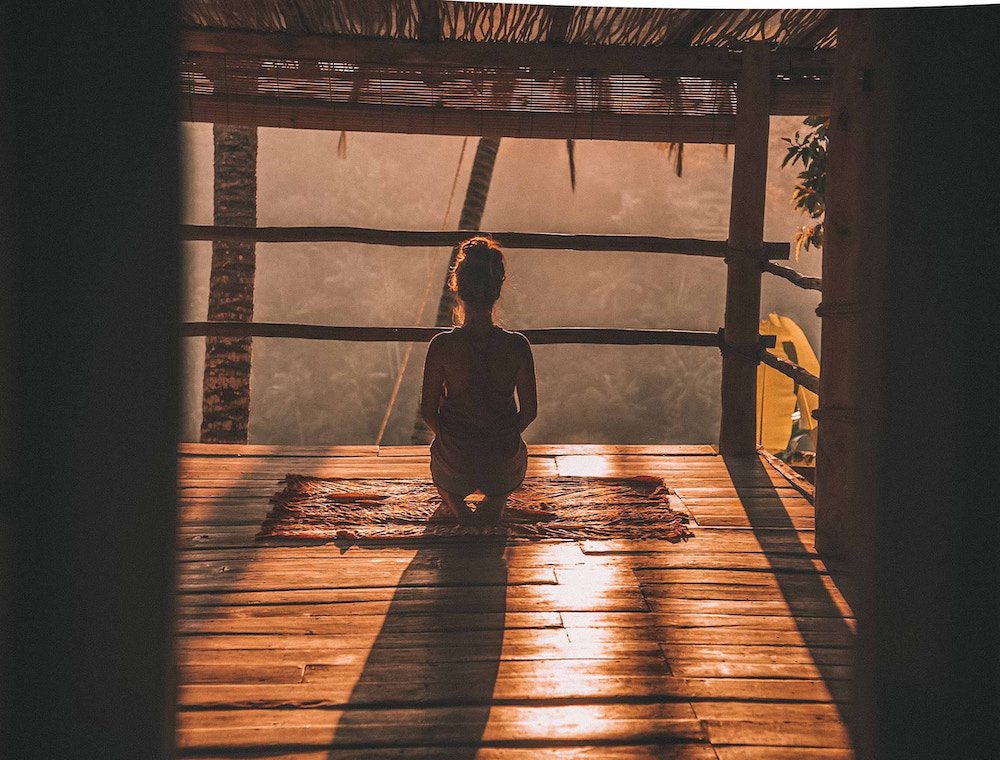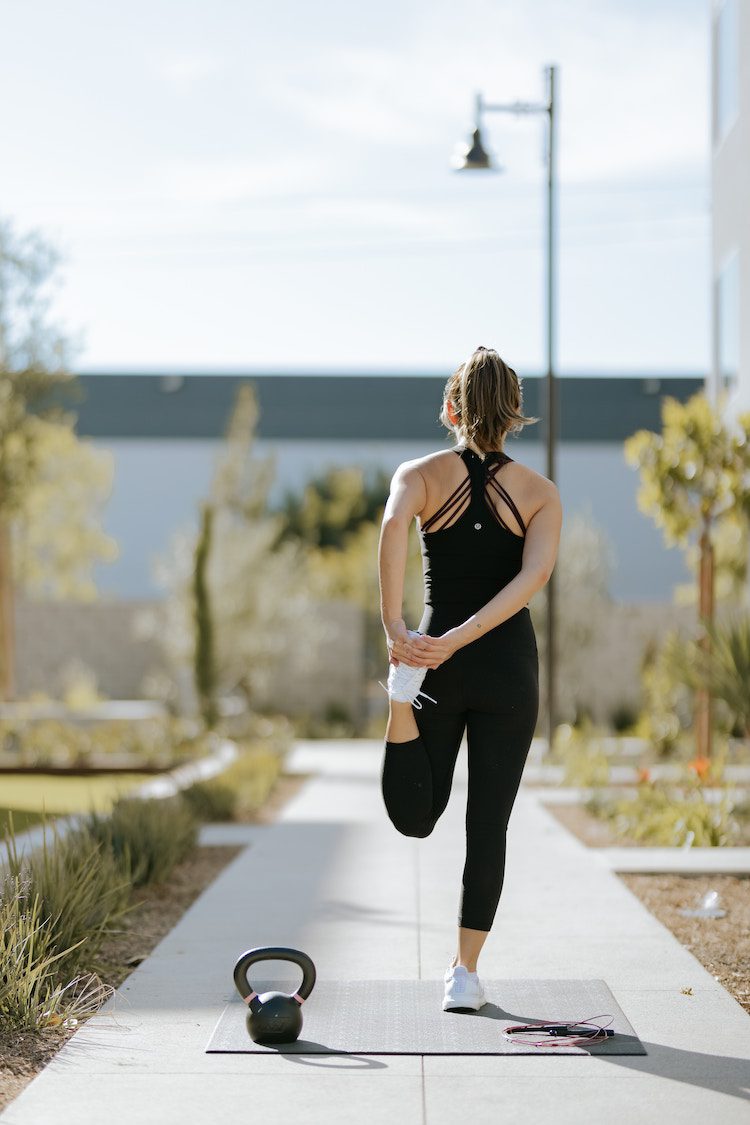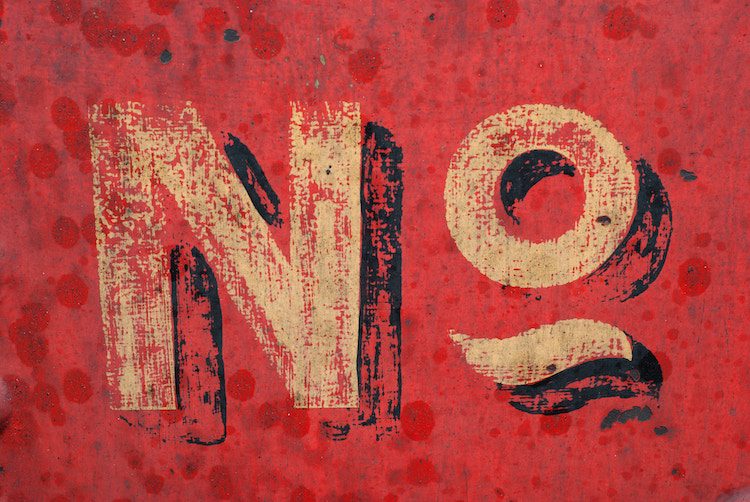How are you?

No, really…. take a breath for a moment, stop scrolling and check in with yourself.


Practise Self Care
Self-care is an important aspect of managing your mental health. It involves taking deliberate actions to prioritize your physical, emotional, and mental well-being.
– Get enough sleep: Adequate sleep is essential for maintaining good mental health. Make sure you’re getting enough rest and aim for at least 7-8 hours of sleep each night.
– Eat a balanced diet: Eating a healthy and balanced diet can help improve your mood and energy levels. Include plenty of fruits, vegetables, whole grains, and lean protein in your diet.
– Exercise regularly: Regular exercise can boost your mood, reduce stress, and increase your overall well-being. Find an activity you enjoy, such as jogging, dancing, or swimming, and make it a regular part of your routine.
– Take breaks: It’s important to take breaks from work and give yourself time to relax and recharge. Schedule time for activities you enjoy, such as reading, watching a movie, or spending time with loved ones.


Healthy ways to deal with stress
Stress is a common experience for actors, and it can have a negative impact on your mental
health if left unchecked.
- – Exercise: Physical activity is a great way to reduce stress and boost mood. Whether it’s going for a run, doing yoga, or hitting the gym, find an exercise that works for you and make it a regular part of your routine.
- – Meditation: Meditation is a powerful tool for reducing stress and anxiety. It helps you to focus on the present moment and let go of worries about the future or regrets about the past.
- – Creative outlets: Engage in creative activities that you enjoy, whether it’s painting, writing, or playing music. It’s a great way to unwind and express your emotions.
- – Time management: Organize your time effectively, so you don’t feel overwhelmed. Make a schedule and prioritize your tasks, so you can focus on what’s important.


Stay Connected
Maintaining relationships with friends and family is imperative for having a healthy emotional well-being. It’s easy to get caught up in the demands of an acting career, but it’s crucial to make time for social activities and stay connected with
loved ones.
Here are some ways to stay connected:
- – Schedule regular check-ins: Life can get busy, but it’s important to make time for the people who matter. Schedule regular catch-up sessions with your loved ones, even if it’s just a quick phone call or text.
- – Find a support system: Building relationships with other actors or industry professionals can be a great source of support and encouragement. Consider joining a group or attending industry events to meet new people.
- – Volunteer at an animal shelter: Who doesn’t love puppies? Volunteering at a local wildlife or dog shelter is a paw-some way to give back to your community while also making furry new friends. Plus, you’ll get plenty of cuddles and tail wags!


Set Boundaries
Setting boundaries is a key element for protecting your mental health and avoiding burnout. As an actor, it’s easy to feel pressure to say yes to every opportunity or work long hours, but it’s crucial to set limits and prioritize your well-being.
- – Learning to say no: Saying no can be difficult, but it’s essential for setting boundaries and protecting your mental health. Practice saying no to opportunities or commitments that don’t align with your values or priorities.
- – Taking breaks: Schedule regular breaks throughout the day, and take time off when you need it. It’s okay to take a day off or say no to an opportunity if you need to prioritize your well-being.
- – Creating a work-life balance: Balancing your personal life with your career is crucial for maintaining your mental health. Make time for hobbies, friends, and other activities outside of acting to help you recharge and stay balanced.


Take a “Me” day
You work hard, and you deserve a break. So why not schedule a “me” day and treat yourself to
some self-care?
- – Take a bubble bath: Fill up your tub with warm water, add some bubbles and your favorite bath bomb, and relax. You can also light some candles, play some soothing music, and indulge in a glass of wine or a sweet treat.
- – Netflix and chill: Sometimes, all you need is a good binge-watch session. So grab some snacks, get cozy on the couch, and dive into your favorite series. Whether it’s Friends, Stranger Things, or Game of Thrones, there’s nothing like a good TV marathon to recharge your batteries.
- -Plan a solo adventure: Whether it’s a hike, a bike ride, or a trip to a museum, exploring new places on your own can be a great way to clear your head and enjoy some “me” time. Plus, you can do it at your own pace and without any distractions.
- – Get creative: Do you love to paint, write, or dance? Whatever your creative outlet is, use your “me” day to indulge in it. Set up a cozy corner in your home, put on your favorite music, and let your creativity flow.


Reach out for Support
Acting can be a tough and competitive industry, and it’s okay to admit when you need a
little support.
- – Talk to someone: Whether it’s a friend, family member, or therapist, talking about your feelings and struggles can be incredibly helpful. Don’t be afraid to open up and ask for support. Sometimes just sharing your thoughts and feelings with someone can be a huge relief.
- – Connect with organizations: There are many Australian organizations that offer mental health support and resources for actors and performers. For example, Entertainment Assist provides a free helpline and referral service for entertainment industry professionals. The Arts Wellbeing Collective offers workshops, resources, and support for those working in the arts and entertainment industry.
- – Join a support group: Sometimes it can be helpful to connect with others who are going through similar experiences. Joining a support group or peer network can provide a sense of community and validation. The Australian Actors’ Equity offers a Peer Support Network for performers.
- – Speaking to a professional: Sometimes, despite our best efforts, managing our mental health can become overwhelming, and we may need to seek professional help. If you’re struggling with your mental health, it’s essential to know that there is no shame in reaching out for support. In Australia, there are many mental health professionals who specialize in working with actors and performers, such as psychologists, counselors, and therapists. They can provide a safe and non-judgmental space to talk about your concerns, explore your emotions, and develop strategies to manage your mental health.
- – If you’re not sure where to start, you can ask your doctor for a referral, or you can search for a mental health professional online through websites such as the Australian Psychological Society, Beyond Blue, or Lifeline.



Practice Mindfulness
Mindfulness is all about being present in the moment and letting go of worries about the
future or regrets about the past. It’s a great way to reduce stress
and feel more grounded.
- – Start small: You don’t have to be a meditation master to practice mindfulness. Start by setting aside just a few minutes a day to focus on your breath or body sensations.
- – Use guided meditations: If you’re new to meditation or struggle to quiet your mind, try using a guided meditation app or online resource. Smiling Mind and Headspace are two great options that offer free guided meditations.
- – Incorporate mindfulness into your daily activities: You can practice mindfulness while doing everyday tasks, like brushing your teeth or washing the dishes. Focus on the sensations in your body and stay present in the moment.
- – Practice Yoga: Yoga is a great way to combine mindfulness with physical activity, reduce stress and anxiety, improve flexibility and strength, increase body awareness, and create a sense of community. Many studios also offer online classes, making it easier to fit yoga into your busy schedule.
- – Practice gratitude: Taking time to appreciate the good things in your life can help shift your focus away from stress and anxiety. Try starting each day by writing down three things you’re grateful for.


Connect with Nature
Spending time in nature is a fantastic way to disconnect from the hustle and bustle of daily life, reduce stress and anxiety, and improve your
overall well-being. One way to connect with nature is to make it a regular
part of your routine.
- – Try to schedule a weekly hike, a daily walk around your neighbourhood, or even just some quiet time sitting in a park. If you’re feeling adventurous, plan a weekend camping trip or visit a new national park.If you don’t have access to nature nearby, consider bringing some of it indoors.
- – Adding some houseplants to your living space can help improve air quality and bring a touch of nature into your home. You can also try incorporating natural scents, like essential oils or candles, into your self-care routine.Connecting with nature is a simple and effective way to boost your mental health and well-being.
IN CONCLUSION…
- aking care of your mental health is more important than ever for your overall well-being. So remember to take the time to stop, take a breath and check in with yourself. Listen to what your body needs and take care of yourself.If you need more support or resources, don’t hesitate to reach out to Australian organizations such as Actors Benevolent Fund of NSW, Black Dog Institute, or Beyond Blue. By prioritizing your mental health, you can become a happier, healthier, and more successful actor

